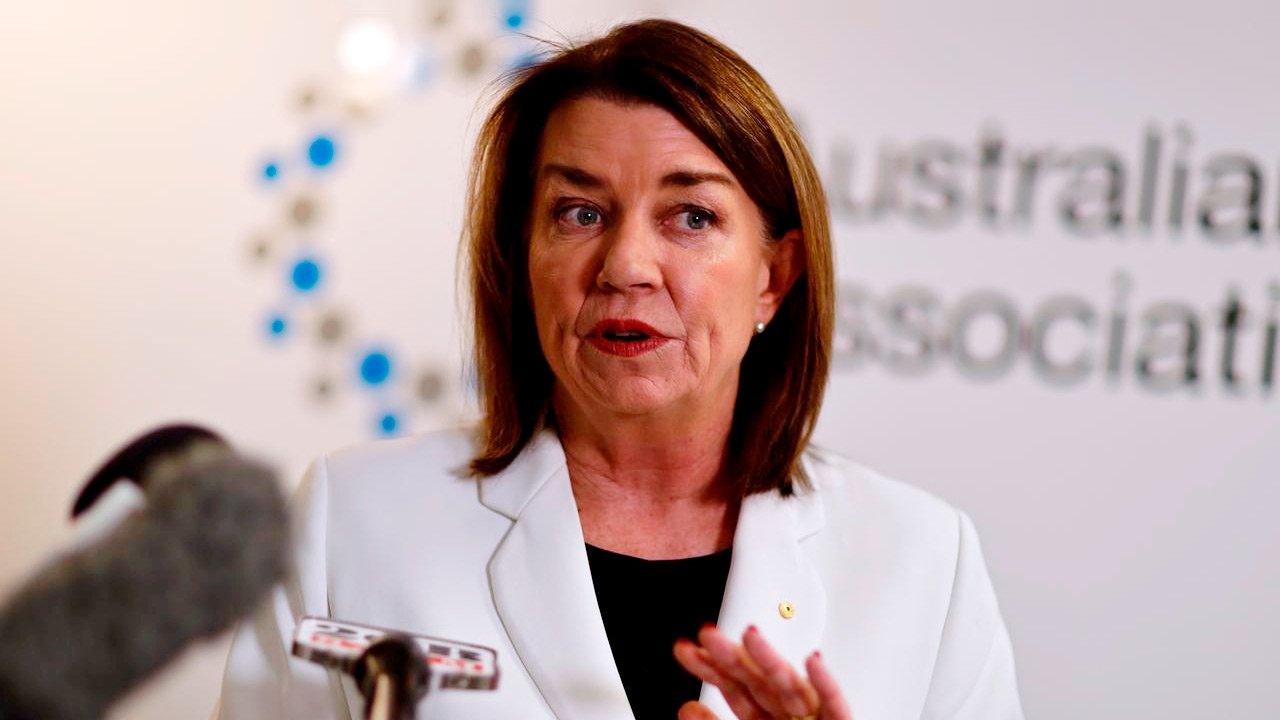Australian sports betting brand Sportsbet and the Australian Banking Association (ABA) are backing a proposal that seeks to ban credit card payments for gambling, as the federal government probes further restrictions on betting.
Meanwhile, the Australian Medical Association (AMA) warned there was “little evidence” current regulation was addressing problem gambling online, raising fears about its growth during the Covid pandemic.
“The AMA is very concerned by the increased prevalence of online gambling platforms and the resultant harms to public health and mental and emotional wellbeing,” the association said in a submission to the government’s inquiry into online gambling. AMA further claims government changes have not kept pace with changes in the industry over the past decade, reports The Guardian.
According to local news, public hearings for the inquiry are set to begin in the coming weeks and dozens of submissions from the gambling industry and health bodies have already been published. In its submission, Sportsbet called for restrictions on credit cards and ‘Buy Now, Pay Later (BNPL)’ schemes in paying for online gambling products.

“We strongly support the Responsible Wagering Australia position that a credit card ban should be implemented in wagering, and that buy now pay later be treated as credit and similarly banned from gambling services,” Sportsbet said, as reported by The Guardian.
“While BNPL may be suitable and low-risk in other sectors, we firmly believe that wagering via this payment method is high-risk and should be prohibited,” the group added.
The Australian Banking Association, the lobby group representing the nation’s largest banks, raised similar suggestions. In the ABA’s submission, CEO Anna Bligh noted interactive gambling legislation prevented operators from extending lines of credit to customers.
“The Act could be amended to prevent registered online gambling companies from accepting payment by credit,” Bligh said as reported by the above-mentioned media. “This would establish a consistent policy approach to the use of credit for gambling across all gambling services including in venues, on racetracks, and online,” she added.
However, the CEO also said that if financial institutions themselves were to place blocks on credit cards for gambling they would also have to block them for lottery tickets. This would affect fundraising activities for charities that sell tickets, as well as newsagents. Therefore, Bligh suggested a “phased approach” to such a change, to allow customers to switch their accounts to debit cards.
Australian Banking Association's CEO Anna Bligh
Earlier this month, the Australian government said that the country had the highest gambling losses of any other country, an average of $1,276 a person annually. Problem gambling among online gamblers, at 3.9%, is much higher than the problem gambling rate among the general population rate of 1.23%. The government said the size of the “interactive wagering market” was estimated at $6.3 billion, compared to electronic gaming at $9 billion.
The ABA’s submission said a 2019 consultation with stakeholders had found “an overwhelming majority” in favor of further restrictions on using credit for gambling. Bligh’s letter noted individual banks had varied policies on addressing gambling-related harms, including banking apps allowing for immediate blocks on gambling products, and not allowing gambling on low or no-interest credit cards.
Sportsbet said it was developing what it called “real-time intervention” technology, using artificial intelligence to predict a customer’s daily deposits and sending an alert asking them to reconsider or put a deposit under review if they try to exceed that number. The company offered to make the technology available to others in the gambling industry.















